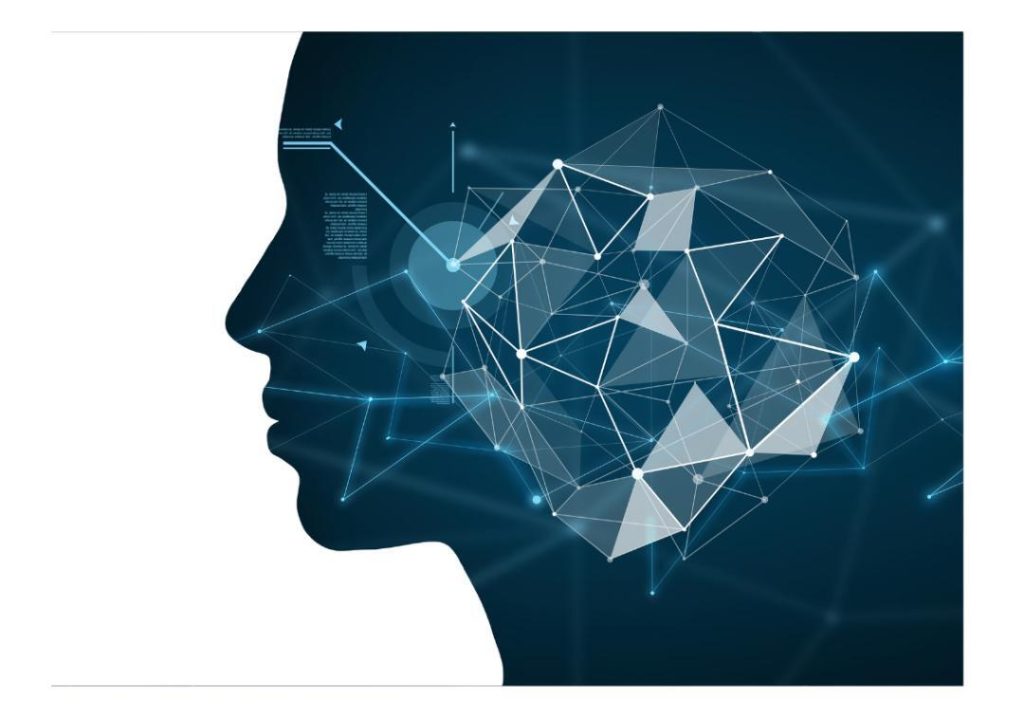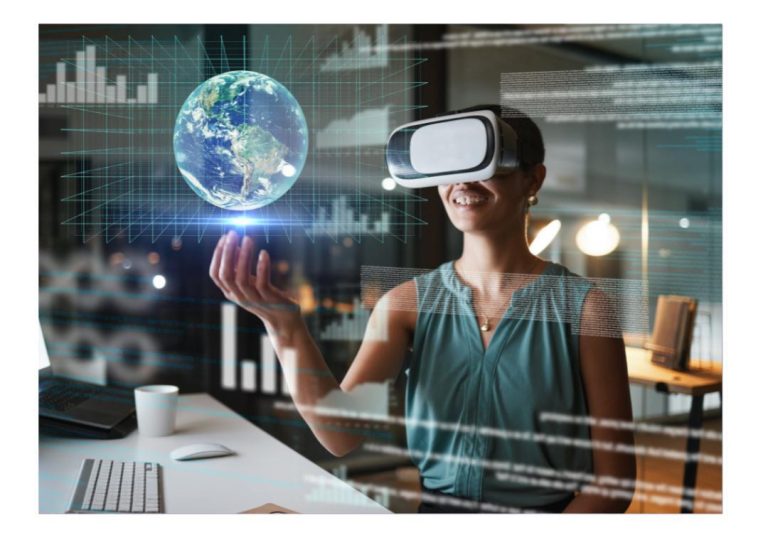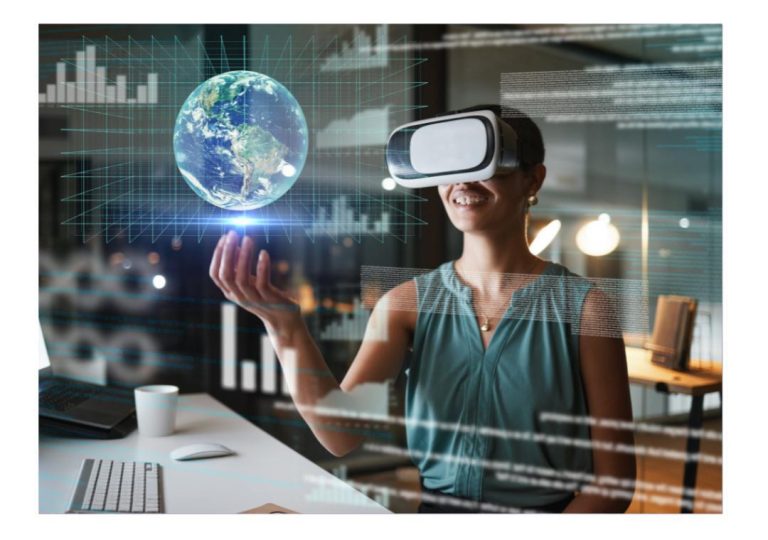
How Does Critical Thinking Set Human Talent Apart?
In an era where machines are becoming increasingly capable of processing vast amounts of data, it’s essential to highlight the unique abilities that set human talent apart. While algorithms can quickly sort through numbers and patterns, critical thinking is the key to analyzing context, assessing nuances, and evaluating consequences – skills that are uniquely human.
Critical thinking is the ability to objectively and systematically evaluate information, arguments, and decisions. It involves analyzing data, identifying biases, and making informed judgments. This skill is essential for planning, innovation, and making ethical decisions in complex scenarios where algorithms alone cannot provide holistic judgment.
In a world where machines are becoming more prevalent, critical thinking is what sets human talent apart. It’s the ability to think creatively, to question assumptions, and to make sound decisions in the face of uncertainty. Critical thinking is not just about processing information; it’s about understanding the underlying context, identifying patterns, and making connections.
The Limitations of Algorithms
Algorithms are designed to process data quickly and efficiently, but they lack the human touch. They are limited by their programming, and they cannot account for the complexity and nuance of human decision-making. Algorithms can identify patterns, but they cannot understand the context behind those patterns. They can analyze data, but they cannot evaluate the ethical implications of a decision.
In contrast, humans possess the ability to evaluate information in a more holistic manner. We can consider multiple factors, weigh the pros and cons, and make decisions that take into account the broader context. We can also adapt to new information, adjust our decision-making processes, and learn from our mistakes.
The Importance of Critical Thinking in the Workplace
Critical thinking is essential in the workplace, particularly in industries where complex decisions need to be made. It’s the ability to analyze data, identify trends, and make informed judgments. Critical thinking is not just about making decisions; it’s about understanding the underlying drivers of those decisions.
In the IT industry, for example, critical thinking is essential for developing innovative solutions, identifying potential pitfalls, and making strategic decisions. It’s the ability to analyze complex systems, identify vulnerabilities, and develop effective solutions.
The Role of Critical Thinking in Emerging Technologies
Emerging technologies like artificial intelligence, machine learning, and blockchain require critical thinking to navigate their complexities. These technologies are changing the way we live and work, and they require a deep understanding of their underlying principles.
In the development of AI, for example, critical thinking is essential for designing systems that are transparent, accountable, and fair. AI systems require human input to ensure that they are biased-free, and critical thinking is essential for identifying potential biases and developing strategies to mitigate them.
The Future of Work
As machines become increasingly capable of processing data, the future of work will require humans to focus on high-value tasks that require critical thinking. Machines will continue to automate routine tasks, but humans will be needed to analyze complex data, make informed decisions, and develop innovative solutions.
The future of work will require humans to be adaptable, to be able to learn quickly, and to be able to work effectively with machines. Critical thinking will be essential for identifying opportunities, developing strategies, and making informed decisions.
Conclusion
In conclusion, critical thinking is what sets human talent apart. While machines can process data quickly and efficiently, humans possess the ability to analyze context, assess nuances, and evaluate consequences. Critical thinking is essential for planning, innovation, and making ethical decisions in complex scenarios where algorithms alone cannot provide holistic judgment.
As machines become increasingly prevalent in the workplace, critical thinking will be essential for identifying opportunities, developing strategies, and making informed decisions. The future of work will require humans to focus on high-value tasks that require critical thinking, and to work effectively with machines to achieve success.
Source:






